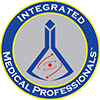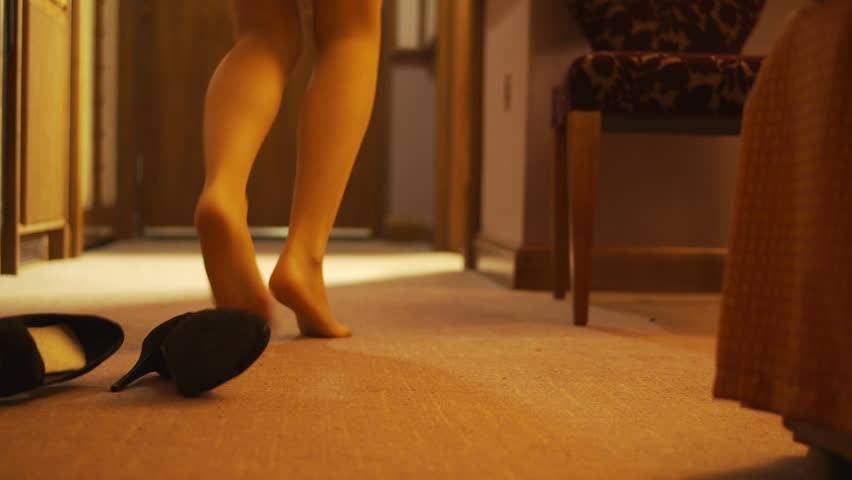Uterine Fibroids

Peyronie’s Disease
October 11, 2018
Life on the Road to Bladder Cancer Recovery
December 3, 2018Fibroids are abnormal growths that develop in or on a woman’s uterus and are typically benign (noncancerous). These growths are harmless but can adversely affect women in their childbearing years if left untreated. One such complication from untreated uterine fibroids is infertility.
So how do you know if you are having uterine fibroids? Only an examination from a medical professional with give you a definitive answer but there are several telltale signs to look out for when you start getting suspicious:
Heavier/longer periods
If you have fibroids, your periods will likely be heavier than normal and last longer than usual. Endometriosis or other health conditions, in addition to uterine fibroids, can also affect the heaviness of your periods. Since multiple gynecological conditions share similar symptoms, professional medical attention is key in determining correct diagnosis and treatment.
Frequent urination
If you have fibroids that are larger in size and have grown on the outside of the uterus, they may be putting pressure on your bladder. The pressure makes your bladder feel fuller quicker – thereby increasing your visits to the bathroom. See a doctor to rule out a UTI.
Painful intercourse
Painful intercourse can happen thanks to a variety of reasons but uterine fibroids is definitely on that list. If fibroids happen to grow in close proximity to the cervix, they can cause pain during sex and even result in bleeding.
Lower back pain
Large fibroids can begin to press against your muscles and lead to lower back pain. Likewise, some people may also experience abdominal pain with fibroids. Again, back pain is a broad symptom that is associated with several other conditions. A thorough medical exam is needed.
The surest way to diagnose and treat uterine fibroids is by having a doctor check you out. We are currently seeking volunteers to participate in a compensated research study for uterine fibroids. Give us a call at 212-480-3333 to learn more.


